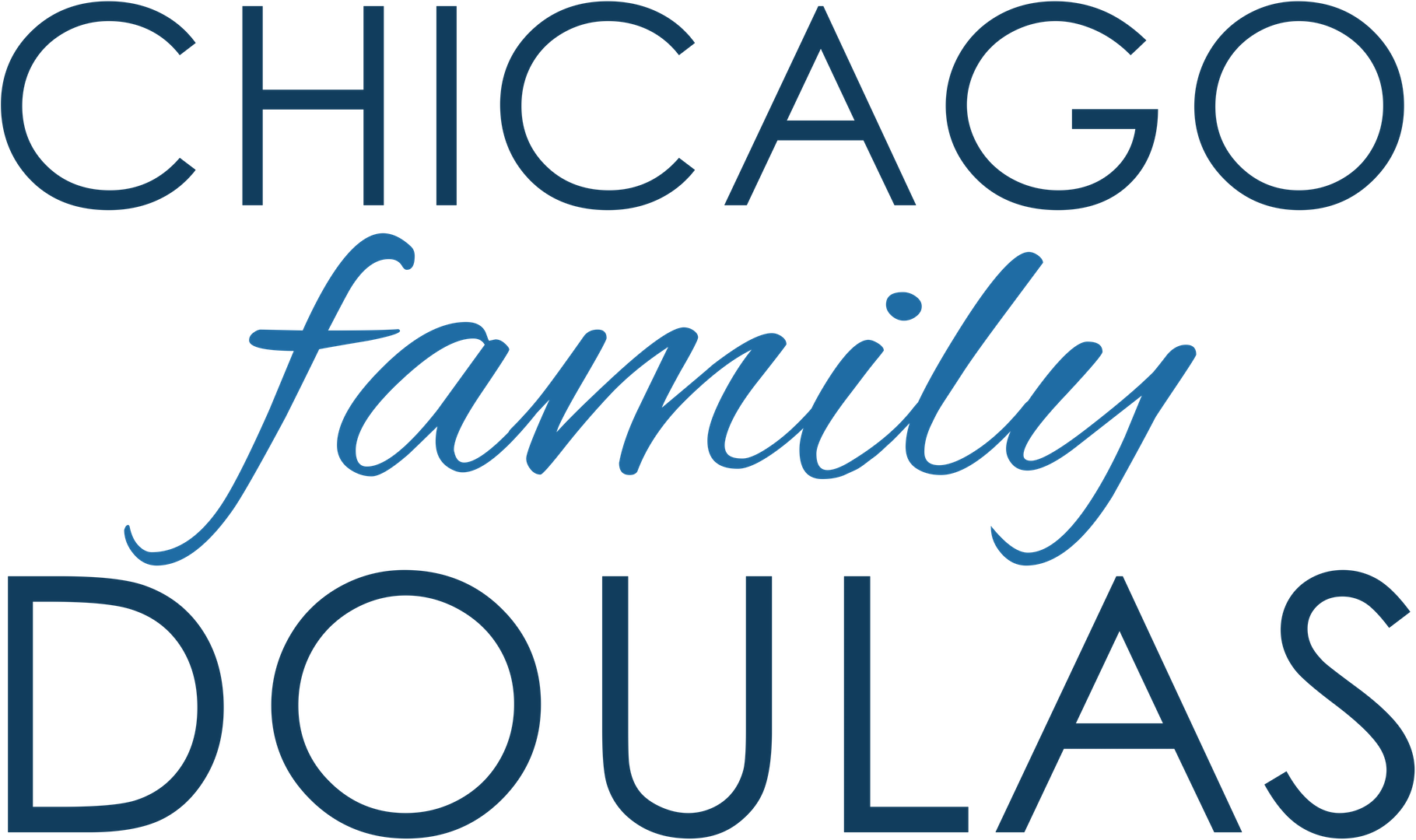Disclaimer: The information provided is for educational purposes only and is not a substitute for professional mental health guidance, diagnosis, or treatment. If you are in crisis or experiencing thoughts of self-harm or suicide, please reach out to a trusted individual, a local crisis hotline, or emergency services immediately.
The journey through pregnancy, childbirth, and postpartum is profoundly transformative, marked by an array of emotions and physical sensations shaped by both personal experiences and societal norms.
Baby Blues
Throughout the perinatal period, it is common to encounter the “baby blues,” as the arrival of a new life brings about a multitude of adjustments. This might manifest as exhaustion following sleepless nights of constant feedings or a sense of sadness as you reflect on the days when you and your partner’s focus was solely on each other. Whatever it is, don’t forget to give yourself grace, and utilize your network of support.
Perinatal Depression
Sometimes, the “baby blues” can become something more serious. Perinatal depression impacts 1 in 7 women and 1 in 10 men. It is considered the most underdiagnosed obstetric complication in the United States. It can impact any person, regardless of race, ethnicity, or socioeconomic status, but there are risk factors. They include previous trauma or mental health concerns, as well as a lack of community support.
Even though perinatal mental health conditions are treatable, many parents do not seek help due to shame perpetuated by unrealistic societal expectations. Experiencing perinatal depression is not a moral failure nor is it ever the parent’s fault. These are the main signs associated with perinatal depression:
- Persistent sadness and mood swings
- Loss of interest, joy, and pleasure
- Sleep issues
- Fatigue or loss of energy
- Poor concentration and difficulty making decisions
- Feelings of worthlessness and excessive guilt
- Withdraw from your loved ones
- Difficulties bonding with your baby
- Somatic symptoms, such as stomach aches, muscle aches, and headaches without a clear medical cause
- Recurrent thoughts of death and harming oneself or your baby
When to Seek Assistance
It is important to note that experiencing some of these symptoms occasionally does not necessarily indicate perinatal depression. However, if these symptoms persist for more than two weeks or significantly interfere with daily functioning and well-being, it is crucial to seek assistance from a healthcare provider. If you are struggling with a perinatal mental health condition, you are not broken and your pain and discomfort are valid. Remember, your mental and emotional well-being matters, and healing is possible.

This blog is written by Lauren Rapp, a Licensed Social Worker and clinical therapist at New Moon Perinatal. She specializes in infant, perinatal, and maternal mental health and takes a mother-centric and trauma-informed approach. Lauren offers warmed compassionate services for individuals in all phases of the parenthood journey. Please reach out to her at laurenrappsw@gmail.com.

At New Moon Perinatal, we support you through every step of your perinatal journey. Our name reflects the cycles and rhythms of women’s health, symbolizing new beginnings and potential for resilience, healing, and growth.
Our clinicians, certified by Postpartum Support International (PSI), are dedicated to helping you navigate the mental and emotional changes during pregnancy, postpartum, and post-loss experiences. We believe that healthy and happy parents are the foundation for healthy and happy children.
We offer individual and couples therapy, with appointments available in-person in Northbrook or virtually. We are in-network with BCBS PPO.
For inquiries or to schedule an appointment with any of our therapists on our team, please contact us at 847.220.4241 or newmoonperinatal@gmail.com.









